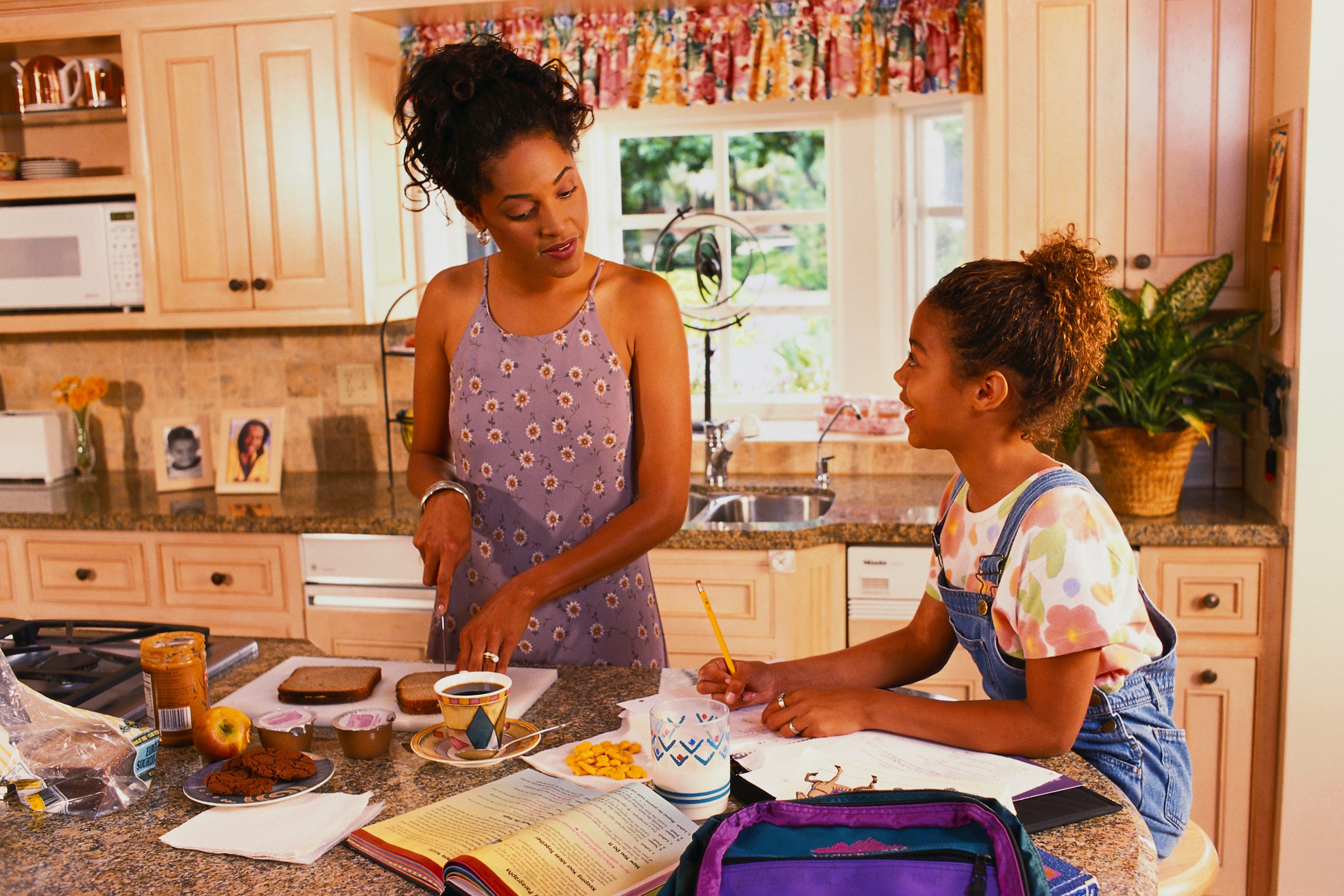English Transcript
Patient Marko: When I was first experiencing EoE, the symptoms were a hard time swallowing a lot of food. Some specifically: meat, bread, and hard-boiled eggs. Those especially had a hard time going down. Sometimes I would choke on them, and other foods just had trouble going down.
Andjela, Marko’s Mom: I feel like there was a delay in the diagnosis purely due to my lack of kind of acknowledgment of some of the symptoms I was seeing. I would notice that Marko would be eating something and then there would be a cough. And I started realizing that cough is like only when he eats, but at some point I think it was around like fourth grade he had a choking spell in school after eating a sandwich. So he was choking on the bread, and it was pretty dramatic. He went to the nurse’s office. You know, it finally went down. So when we were seeing Dr. Bansal for his allergies, I mentioned this, and it was like an immediate trigger for her. She immediately connected that this could be related to EoE, and then started the process of like setting a sub for seeing a GI doctor so that we could get an EGD done, so that we could get an official diagnosis.
Allergist Priya Bansal, MD: Eosinophilic esophagitis, or otherwise known as EoE, is a disease of the esophagus where you get inflammation that leads to what patients feel as either food sticking or trouble swallowing. Because you’re having this trouble swallowing, it can lead to choking episodes. and it’s very uncomfortable for the patient and can be a true medical emergency.
I diagnosed Marko with EoE around about age 10. With that pediatric population, sometimes it’s a little bit difficult because they’re getting abdominal pain moreso at the start. So at the beginning we were, I think I was concerned more about the growth, making sure his growth was okay. Is there celiac disease, is there some other cause? He definitely had allergies, so again he’s part of that “atopic disease,” that allergic disease, and when he said, “No, I’m eating slower and the food is starting to stick,” I was like, no, no, this is EoE. We have to partner with the GI. I have to get an endoscopy and we’ve got to do the biopsies.
“When’s it worse, in the morning or the night?” “Morning.” So initially we did try food avoidance for Marko. He did complain about some acidity as well so we did use an acid blocker. And then he did get a repeat scope, and after that repeat scope, it still showed that he had higher eosinophils and he was still having an issue in terms of difficulty swallowing.
After that point you know we discussed whether we want to do topical steroids or do we want to try the biologic? And we decided together that, hey, we’d like to go ahead and and try the biologic.
Andjela: Marko was diagnosed with asthma and seasonal allergies very, very early on. I would say probably at the age of four.
Dr. Bansal: I try to tell my patients that have EoE that we do like to keep the asthma and the allergies under very tight control. I try to tell them you know I don’t want anything dripping into the esophagus. I don’t want anything adding to any type of inflammation anywhere because at the end of the day I do have the belief that we’re one unified airway. It’s very important to treat the allergies, to treat the asthma, and keep it under very good control because I think overall you feel better.
Marko: Working with my allergist and managing all my conditions, it’s made my everyday life a lot easier. The asthma and the allergies have been controlled for a very long time. I don’t feel them anymore, and the EoE, you know it’s newly diagnosed, but it’s already come a long way into making my life easier.
Dr. Bansal: This isn’t just about Marko, right, it’s about the whole family and how does this affect the whole family unit? Because any therapy that you do like let’s say it’s a food elimination, to be more specific, that is going to affect the whole family. It’s going to affect how she cooks, what Mom buys, what Dad cooks, what Dad buys. Like the whole family is going to be impacted by what therapy they decide to go with. The one thing I would suggest is, even through the roadblocks, don’t lose contact with your allergist. I’m going to be your biggest advocate. I will find a way. Like if you don’t want to do something, okay, what else can we talk about? What else can we do?
Andjela: The wonderful thing about Dr. Bansal is that she has always included Marko and me in in the decision process, and we’ve always been partners in care. She always tells Marko that you know what you decide today doesn’t mean that it’s going to be the same decision you’re going to make in like a year from now or two years from now or 10 years from now. So he is, oh, and I always feel very informed. She’s really empowered us to to manage and control his conditions.
See other videos
